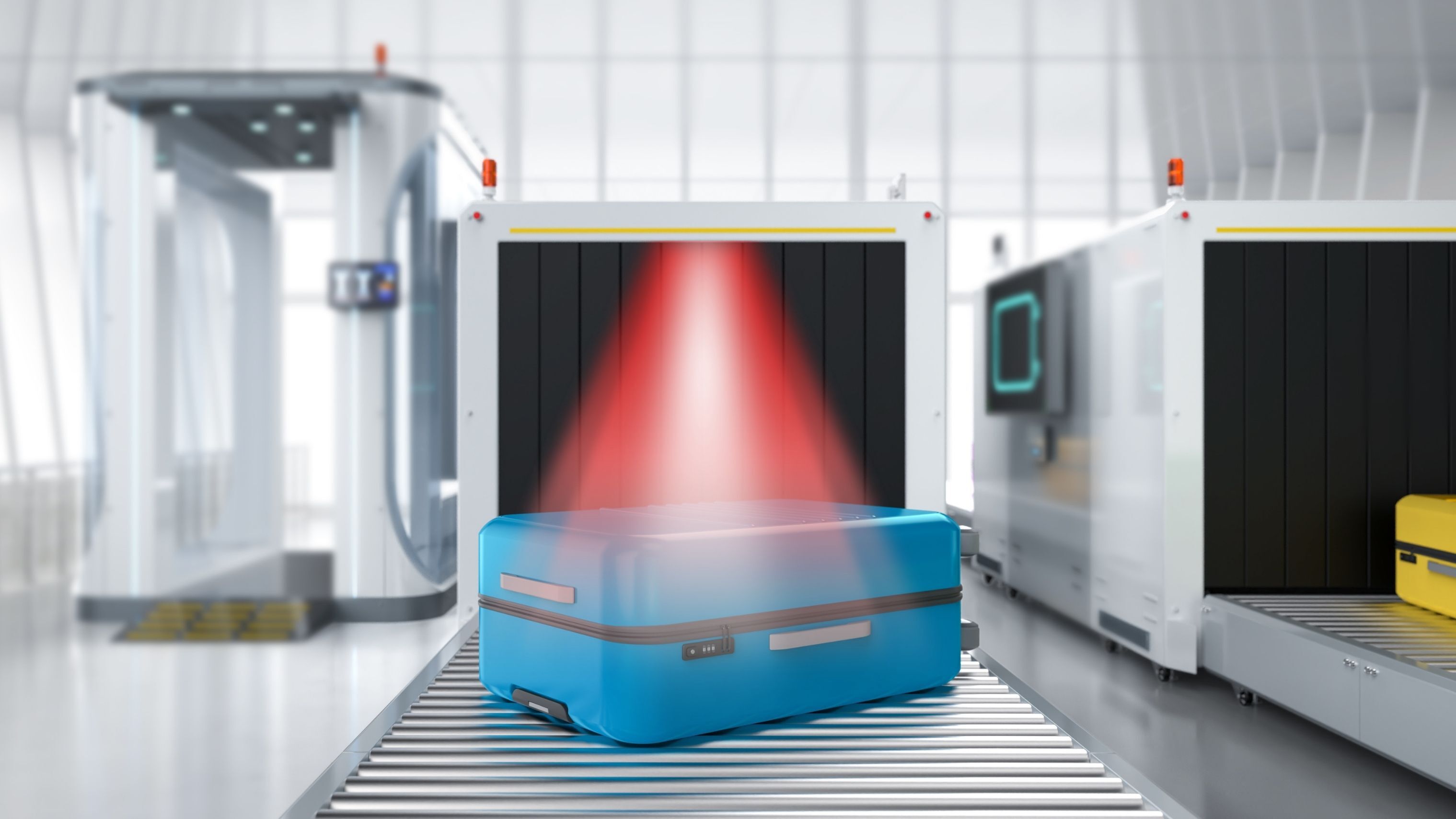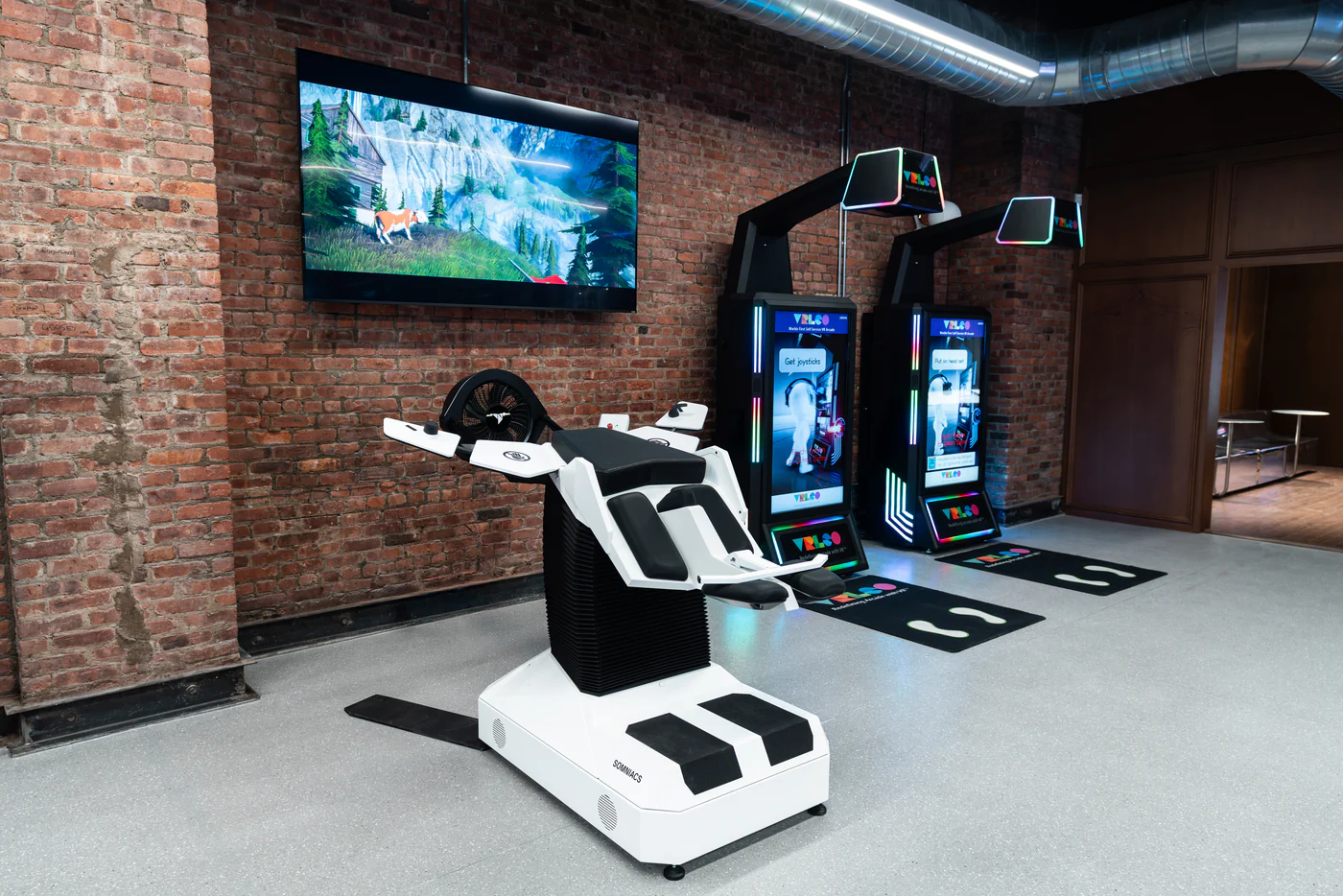In the ‘60s, the world had its eyes on the sky as the US and Soviet Union raced to be first in space.

Today, states and countries alike are scurrying to be leaders of technology a little closer to Earth.
Just within the US, local governments are introducing new measures to attract tech talent and drive innovation:
- New Jersey will provide $500m in tax credits for AI companies to operate in the state. To qualify, businesses must make a capital investment of $100m+, create 100+ new full-time jobs, and have 50% of employees working with AI or 50% of revenue coming from AI-related activities.
- Illinois secured a $1B+ investment from PsiQuantum, which will build a new quantum and microelectronics park in Chicago and create 154+ full-time jobs.
- Austin, Texas-based startup and Big Tech workforces boomed between 2019 and 2023, increasing 23% and 44%, respectively. Elon Musk’s relocation of X headquarters to Austin may bring ~1.5k employees to “Silicon Hills.”
- Phoenix, Arizona, will be home to three of Taiwan Semiconductor Manufacturing Co.’s fabrication facilities, representing a $65B+ investment that will create 6k tech jobs and 20k+ construction jobs.
And, of course, there’s San Francisco, America’s longtime tech center. Over 50% of last year’s global VC funding for AI-related startups went to Bay Area companies.
AI goes global
The race to become the industry’s center is not just an American one; AI in particular has lit a fire under countries vying for tech dominance.
- China is striving to unseat the US as the AI leader, with Alibaba-backed AI startup Baichuan just completing a $693m funding round.
- France received a $4.4B investment from Microsoft to build AI infrastructure, train 1m workers, and support 2.5k+ AI startups by 2027.
And around the globe, places like Zanzibar, Canada, and Dubai are working to attract highly skilled workers to local tech companies.
They’re all still trailing the moon, though: Luna got a multibillion-year head start building lava tubes to attract a potential moon base.
Technology
.jpg?width=48&height=48&name=IMG_2563%20(1).jpg)









